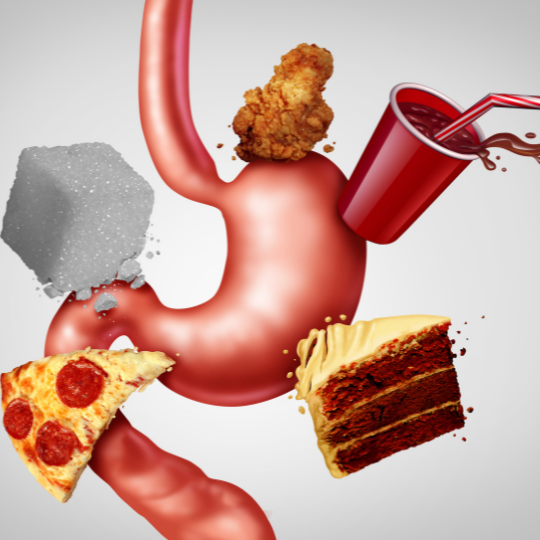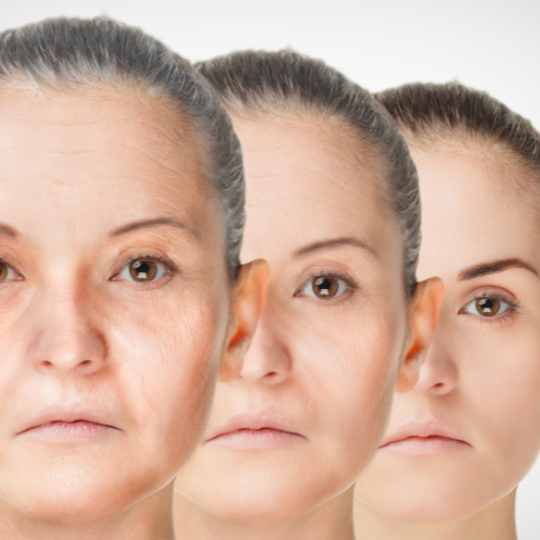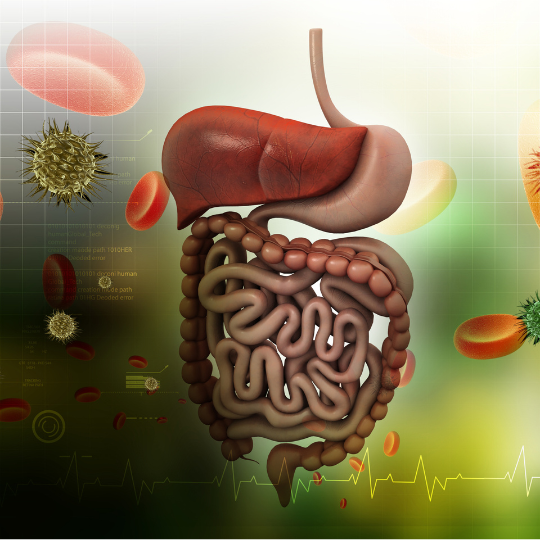Skin in the Game
The skin is the body’s largest organ and plays a critical role in protecting the body from the outside world. It acts as a barrier to bacteria, viruses, and other potentially harmful substances, and helps regulate body temperature. When the skin is dry, it is less able to perform these functions effectively, which can lead to a variety of health issues.
In dermatology, dry skin is a common concern that can affect people of all ages. According to the American Academy of Dermatology, approximately 50% of people will experience dry skin at some point in their lives. Older persons are more likely to have dry skin since their skin’s capacity to retain moisture declines with age. Additionally, those who have certain underlying medical disorders, such as hypothyroidism and diabetes, are more likely to experience it.

There are several types of dry skin conditions that can affect people of all ages:
– xerosis, which is characterized by dry, itchy skin that is prone to flaking and cracking. This type of dry skin is usually caused by environmental factors such as cold, dry weather or frequent washing with harsh soaps
– ichthyosis, which is a genetic condition that causes dry, scaly skin
– eczema, which is an inflammatory skin condition that can cause dry, itchy skin.
Why bother?
One of the main health repercussions of having dry skin is an increased risk of skin infections. When the skin is dry and cracked, it is more prone to cuts and abrasions, which can provide an entry point for bacteria and other pathogens. Dry skin can also be itchy, which can lead to scratching and further damage to the skin. In severe cases, dry skin can lead to serious skin conditions such as cellulitis, a potentially life-threatening infection of the skin and underlying tissue.
UnDry Your Skin
Several science-backed behavioral tools that can be effective against dry skin:
- Light therapy: Exposure to certain wavelengths of light has been shown to improve skin hydration and reduce inflammation, by triggering mitochondria in deeper skin layers to produce more ATP
- Temperature: Keeping the skin cool and moisturized can help prevent dryness and cracking
- Movement: Engaging in regular physical activity can improve circulation and help keep the skin hydrated.

Certain foods can also help improve skin hydration and reduce dryness:
- Foods high in vitamins A and C, such as oranges, sweet potatoes, and spinach, can help improve skin health
- Foods high in omega-3 fatty acids, such as salmon, nuts, and seeds, can help reduce inflammation and improve skin hydration
- Staying hydrated is essential for maintaining healthy skin. Water, herbal teas, and other hydrating beverages can help keep the skin moisturized and prevent dryness.
In terms of supplements, there are several science-backed options that work for dry skin:
- Ceramides, essential lipids for maintaining the integrity of the skin barrier
- Collagen, key in maintaining the structure and elasticity of the skin, also reduces the appearance of fine lines and wrinkles
- Hyaluronic acid helps to retain ski moisture.

For your immune system to work its wonders, it is necessary to help it disseminate between self and non-self. And an integer skin does just that. And remember that the skin is a reflection of the health inside. So start from within. Don’t know how? We’re here, give us a shout!













